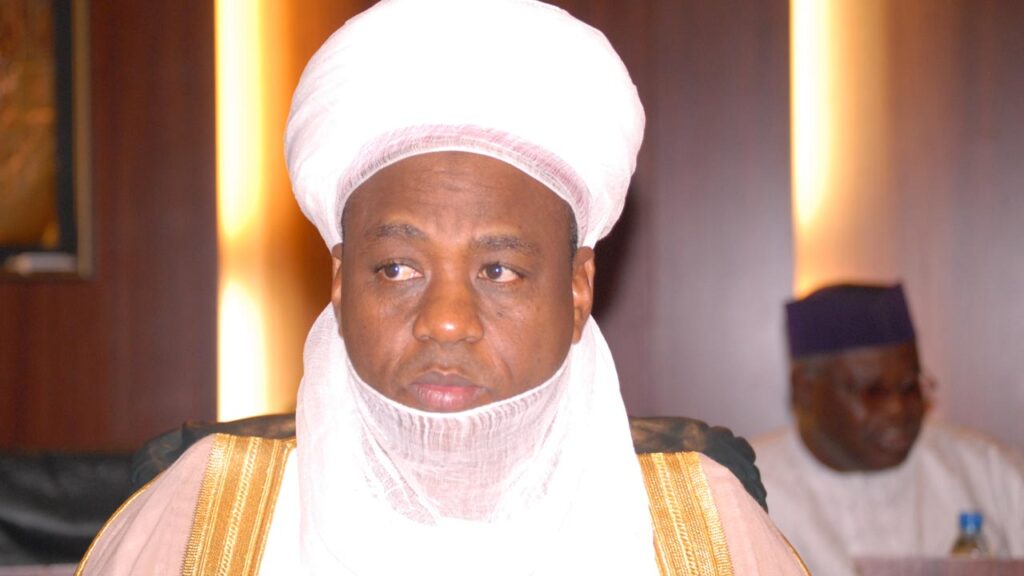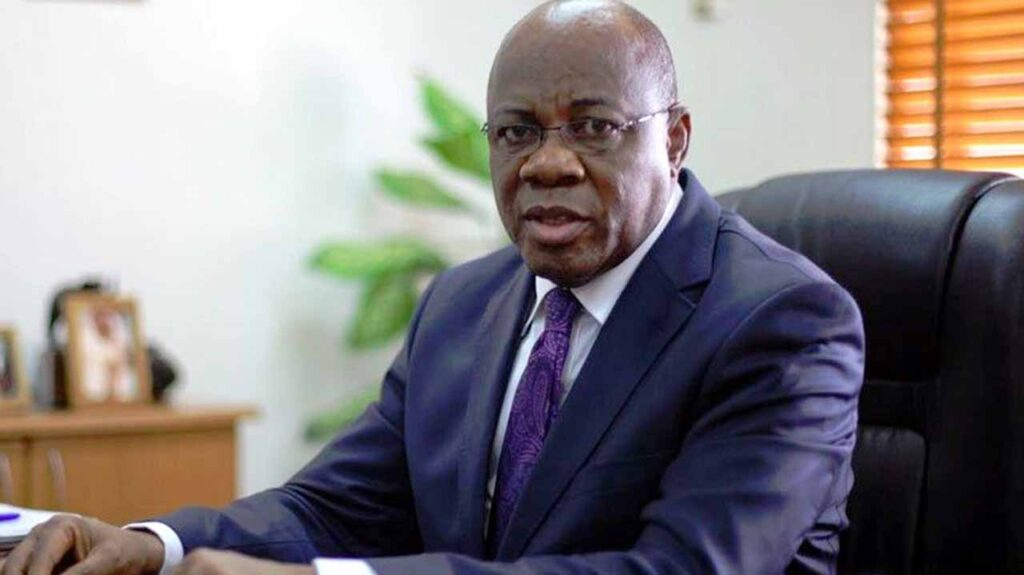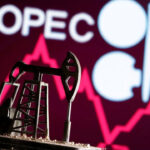
.FDI depends on FX reforms not oil production, says Fitch
The country’s oil production in May increased by 50,000 barrels per day (bpd) to lift the output of the Organisation of Petroleum Exporting Countries (OPEC) to 26.63 mbpd.
However, Fitch Ratings has stated that the ongoing foreign exchange (FX) reforms are necessary to boost Foreign Direct Investment (FDI) and Foreign Portfolio Investment (FPI).
Nigeria and Iraq pumped 50,000 bpd above their April production, as OPEC’s output increased by 145,000 bpd in May alone.
Ahead of official data from OPEC, a survey by Reuters published yesterday showed that Nigeria’s output was about 1.331mbpd against the previous month which was 1.28mbpd.
Despite the increase, Nigeria is still far from meeting its OPEC quota of 1.5mbpd and 2024 budget benchmark of 1.78mbpd.
While OPEC had extended its production cut earlier on Sunday, its members and allies pumped about 250,000bpd more than the target for the nine members.
The federal government had in the 2024 budget estimated N18.3 trillion in revenue, expecting that N8 trillion or 43.9 per cent would accrue from oil revenue. However, the projection has been challenged by the dismal oil output.
In a presentation, on Monday, the Director of Sovereigns at Fitch, Gaimin Nonyane, stated that Nigeria’s Current Account (CA) would be strengthened by increasing oil refining capacity, but the reforms were still crucial in attracting foreign investment.
Fitch also highlights the substantial fiscal and monetary reforms Nigeria has undertaken over the past year to stabilise the macroeconomic environment and enhance policy coherence and credibility.
Despite the reforms, the country faces significant challenges in managing its debt.
The rating agency highlighted that pressure on interest-to-revenue ratios remains high at 38 per cent, driven by higher interest rates and structurally low revenue-to-Gross Domestic Product (GDP) ratios.
It also projected a decline in Nigeria’s debt costs, although expected to remain significantly high.
Despite recent policy rate hikes, Nigeria’s real interest rates remain negative. The tight monetary policy aims to curb inflation, which Fitch forecasts will moderate but stay elevated.
Further, Nigeria has made significant progress in exchange rate reforms. The gap between the official and parallel market exchange rates has narrowed, reflecting improved market confidence. Fitch commends Nigeria’s commitment to a more flexible exchange rate regime but cautions that the pace of reforms will be crucial in stabilising the foreign exchange market and supporting investor confidence.
On May 3, 2024, Fitch affirmed Nigeria’s ‘B- ’ rating while revising the outlook from stable to positive. This positive shift reflects Nigeria’s significant strides in addressing macroeconomic instability through several key reforms.
Regarding the debt service costs, Nigeria spent N7.8 trillion to service its debt obligations in 2023, a 121 per cent increase compared to N3.52 trillion incurred in the previous year, according to analysis of data released by the Debt Management Office (DMO).
The breakdown of the data shows that domestic debt service cost stood at N5.23 trillion (104 per cent increase from the previous year’s N2.56 trillion), while external debt service surged by 167 per cent to N2.57 trillion, compared to N962.5 billion recorded in 2022.












